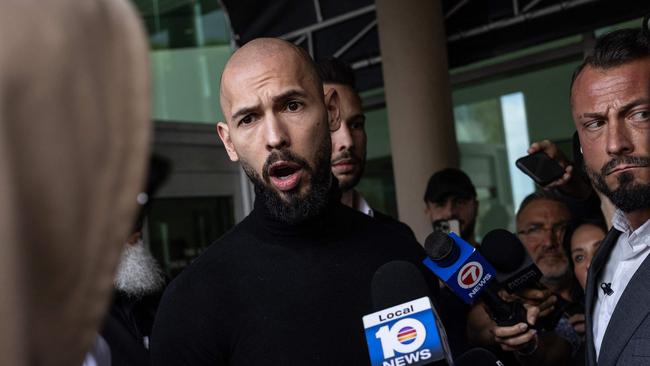Has feminism gone too far? The assault on masculinity has only created cavemen

Young men up to the age of 28 were 34 per cent more likely to agree than men aged 60 to 80. Not for the first time, the young are more conservative than their baby boomer grandparents. This shouldn’t be a surprise. The feminist agenda, which was originally supposed to tackle an unfairness and imbalance in society, has been producing an unfairness and imbalance of its own.
Year after year, we’ve been told about the “gender pay gap”, which is said to prove that women still face discrimination in the workplace, through earning less than men. Yet now it seems that for young people this has gone into reverse. According to a report by the Centre for Social Justice, among people aged 16 to 24 in full-time work, men now earn less on average than women, even after higher education.
While the past hundred years have been marked by great improvements for women, the report says, it is boys in this generation who are being left behind – and not just in rates of pay.
From primary school through to higher education, girls are out-performing boys. The proportion of young men failing to move from education into employment or training has been steadily growing for 30 years. Since the pandemic, the number of males aged 16 to 24 who aren’t in education, employment or training has increased by 40 per cent compared with just 7 per cent among females.

There’s also a crisis in attitudes. The CSJ report says more than four in 10 agree society doesn’t rate traditional masculine values such as courage, resilience and competitiveness. Polling suggests that 41 per cent of sixth-form boys and girls have been taught in school lessons that boys are a problem for society.
This is all producing a great deal of male anger and distress. Public events addressed by the Canadian psychologist Jordan Peterson attract thousands of young men desperate to hear his message validating masculinity and male characteristics.
At the same time, young men are flocking to appalling role models such as the self-professed misogynist “influencer” Andrew Tate. A few days ago, he controversially arrived in the US from Romania where he had been charged with rape, human trafficking and forming an organised crime group to sexually exploit women. Separately, he and his brother are wanted in the UK to face allegations of sexual assault, which they also deny.
Among researchers into radical antisocial behaviour by boys, Tate is repeatedly cited as a toxic influence. In 2023, he was the third most googled person in the world. Alarmingly, he’s filling a vacuum where healthy male identity should be.

The deconstruction of masculinity started decades ago. Feminism lurched from an attempt to level the playing field between men and women into an agenda that held men were a waste of space and worse. The role of the male breadwinner was denounced as a mechanism for female enslavement in the home. Women would henceforth do everything men did – not just paid work but also “laddish” behaviour such as drinking, casual sex and aggression.
Since men were deemed to be inherently violent and abusive, women would bring up their children without their biological fathers. A fashionable essay published in the 1990s was entitled Would You Take One Home With You? – the vomit-inducing “one” being a man. The outcome has been that one in five dependent children now doesn’t live with a father figure. While girls also suffer from this fracture of the traditional family, exhibiting depression, eating disorders and struggles with relationships, boys are affected more dramatically, typically acting this out in crime and antisocial behaviour.
The loss of a paternal role model, the collapse of the breadwinner role and the denigration of masculinity have eroded the guardrails that previously helped socialise boys into becoming productive and civilised members of society.
Previous reports have shown that three-quarters of children in custody had an absent father and a third had an absent mother. According to the CSJ, a quarter of young men aged 18 to 29 were likely to watch porn every day or most days compared with only 2 per cent of women.
Some 88 per cent of this material contained acts of physical violence such as spanking, gagging or slapping; half contained verbal aggression; and 96 per cent of the time the women who were almost always the targets expressed apparent pleasure in response to the abuse. This is how many boys are – appallingly – learning the codes of sexual relationships.
So the issue isn’t just that men are suffering from an achievement gap, unpleasant denigration or feminist ideology that has more to do with exercising power than remedying injustice. Junking marriage, the nuclear family and the male breadwinner role on the basis that men were cavemen has turned an increasing number of them into cavemen.
Drawing attention to these baleful outcomes has long been howled down in progressive circles. But among the young, it seems, the game may finally be up.
The Times





Has feminism had its day? An Ipsos poll to mark International Women’s Day this coming weekend indicates that people have become increasingly tired of it. Presented with the statement: “When it comes to giving women equal rights with men, things have gone far enough in my country”, 38 per cent agreed, a jump from 25 per cent in 2018.